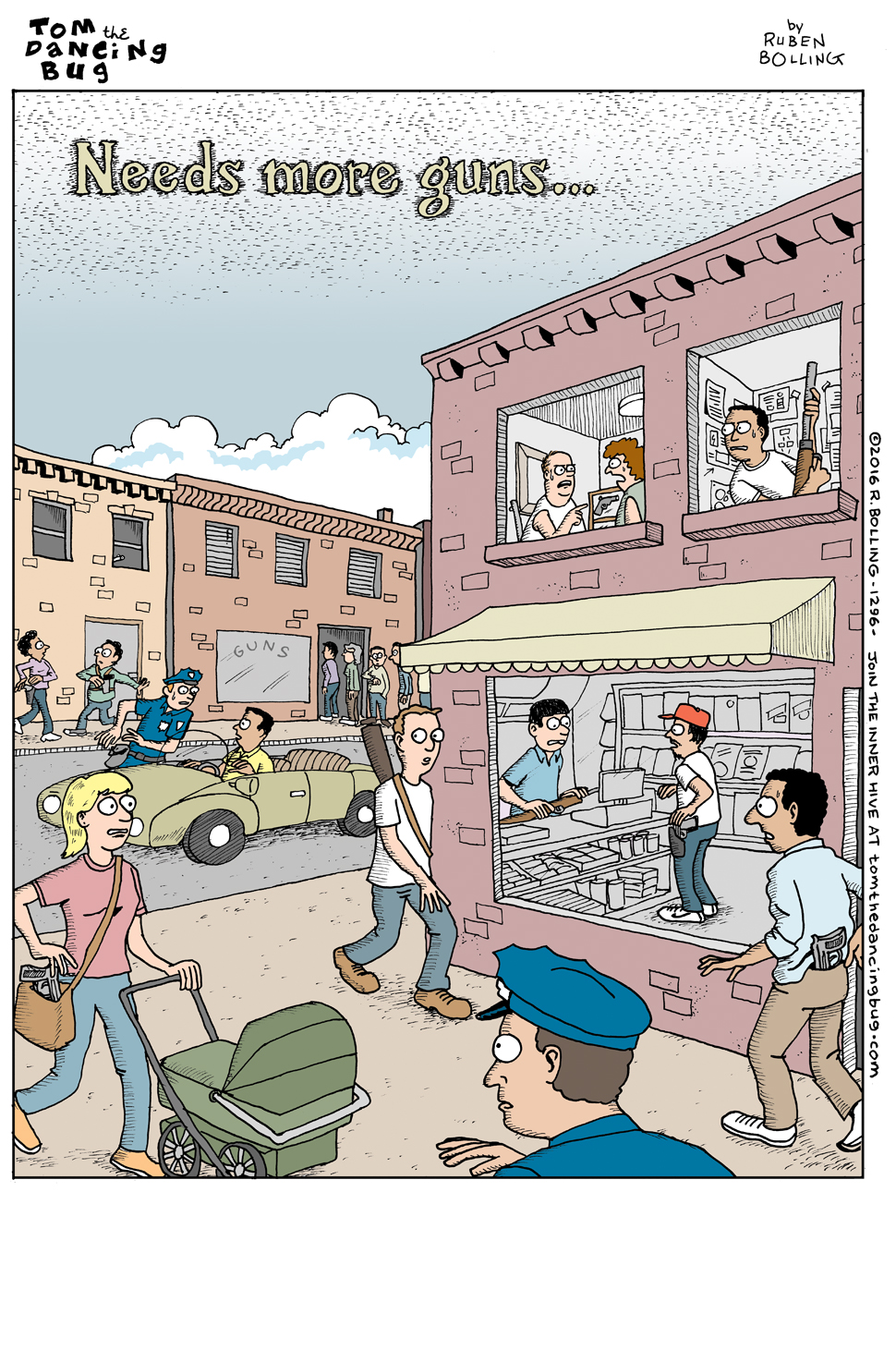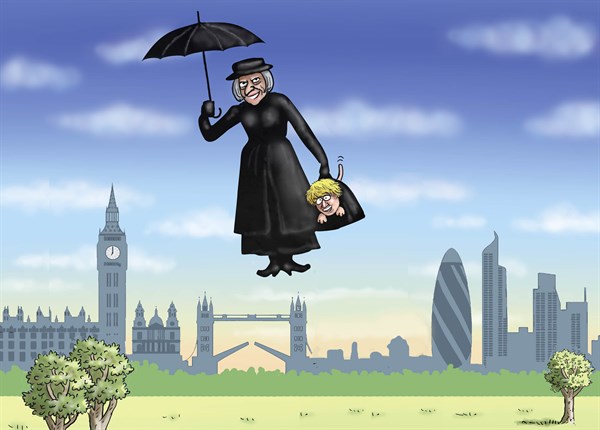n2doc
n2doc's JournalDucklings are much smarter than you think, study finds
by Brett Smith
Researchers from the University of Oxford revealed ducklings can understand the concepts of 'same' and 'different', a capability only observed in intelligent animals like primates, crows, and parrots.
Young animals typically learn to identify and follow their mother through a kind of learning known as imprinting, which can take place in less than 15 minutes after hatching. Imprinting is a potent kind of learning that helps ducklings to follow any moving object, provided they see it inside the 'sensitive period' for imprinting.
Imprinting on a Strange Object
In this new study, published in the journal Science, hatchlings were shown a pair of items moving in a circular path that were either the same as or different from each other, in form or in color. This was designed to 'imprint' these pairs of moving items on the ducks.
Read more at http://www.redorbit.com/news/science/1113415023/ducklings-intelligence-071416/
How much biodiversity loss is too much?
by Tom H. Oliver
How much of something do we need to keep people safe and well? This question is frequently asked by those working in risk management. Across diverse sectors from flood protection to health care, practitioners assess risk as the product of the impact of a given event and the probability of its occurrence. Although these estimates are often uncertain, policy-makers must ultimately make spending decisions aimed at averting these risks, because the costs of inaction to society can be substantial. Biodiversity loss is a similarly critical, yet uncertain, issue. On page 288 of this issue, Newbold et al. (1) quantify global biodiversity losses, providing much-needed information on the encroachment of proposed “safe limits.”
Economic analyses suggest that the total global value of ecosystem services is in the realm of tens of trillions of dollars (2). Many of these ecosystem services are underpinned by biodiversity. However, there is currently a lack of coordinated action to halt biodiversity declines, despite repeated setting of international targets (3). We know, broadly, the types of actions that are needed. They include habitat restoration as well as limiting human-derived pressures such as habitat loss, pollution, and invasive species. But the opportunity costs of these actions, in combination with the high levels of uncertainty around biodiversity change, appear to hamper commitment to action.
This uncertainty has multiple components. We must ascertain both the current extent of biodiversity losses and the effects of these losses on people's health and well-being. Newbold et al. report a crucial advance in tackling these issues. Their analysis is the most comprehensive quantification of global biodiversity change to date, considering over 1.8 million records of abundance from 39,123 species across 18,659 sites. Biodiversity losses vary widely across biomes. The authors find that, on average, the local abundance of each species has fallen to ~85% of its original value in the absence of human land use; that is, there is 85% “biodiversity intactness” (4). The authors then go further to relate these losses to a planetary safe limit of 90% biodiversity intactness, as proposed in a recent study (5). The hypothesis is that below the safe limit, the wide range of services provided by biodiversity that underpin human well-being—such as crop pollination, waste decomposition, regulation of the global carbon cycle, and cultural services that are central to emotional and spiritual health—are critically threatened (5). Newbold et al. find that ~58% of the world's land surface, and 9 out of 14 of the world's terrestrial biomes, have fallen below this safe threshold.
If such a large proportion of land has already passed the safe planetary boundary for biodiversity loss, why have we not already noticed more widespread negative effects on humans? Biodiversity loss can clearly lead to dramatic and rapid effects on ecosystem services. For example, invasion by the spiny water flea Bythotrephes longimanus in Lake Mendota in Madison, Wisconsin, USA, caused declines in key algal-grazing zooplankton species and consequent reductions in water quality, which will cost $86 million to $163 million to restore (6). In many other cases, however, effects may be delayed, with ecosystem services only lost after further perturbation (7). By analogy, cumulative structural damage to a bridge may only lead to sudden collapse after an extreme storm. Recovery from such catastrophic “tipping points” can be very costly if the replacement cost far exceeds ongoing repair costs. But the environment may be unique in that the extinction of species is essentially irreversible.
more
http://science.sciencemag.org/content/353/6296/220.full
'Demon Orchid' Has a 'Devil Head' and Claw-Like Petals

A new species of orchid is in a league of its own — not just because it's relatively rare, but also because scientists say it looks like the devil.
The new species, Telipogon diabolicus, was named for its gynostemium, the orchid's reproductive structure, which looks like a devil's head. The orchid is also described as having "distinctly clawed petals," adding to its demonic appearance, according to the researchers who discovered it.
About 30 of the reddish to dark-violet-maroon orchids — of which only several were flowering adults — were found growing in a small forest at the border between Putumayo and Nariño (regional jurisdictions called "departments"
In their report on the species' discovery, the researchers noted that the flower has already been listed as critically endangered on the IUCN Red List, which lists animals and plants threatened with extinction.
http://www.livescience.com/55396-new-orchid-species-looks-like-devil.html
A Giant Billboard Of Trump And Cruz Kissing Just Went Up 5 Minutes From The RNC
Republican National Convention-goers are in for a big surprise.

Planting Peace, the non-profit organization behind The Equality House, a rainbow-colored house that sits across the street from Westboro Baptist Church, is calling out Donald Trump and the Republican Party in a massive billboard that went up on Thursday in Cleveland, Ohio, where the RNC will take place next week. The billboard, below, shows an illustration of Trump poised to kiss Ted Cruz beside a caption that reads “Love trumps Hate. End homophobia.”
http://www.huffingtonpost.com/entry/trump-cruz-billboard-rnc_us_57869167e4b03fc3ee4efde4
Obama becomes first sitting president to publish an academic paper
Barack Obama just became the first sitting president to publish a scholarly article.
The article, titled "United States Health Care Reform: Progress to Date and Next Steps," with "Barack Obama, JD" listed as the author, was published in the prestigious Journal of the American Medical Association (known as JAMA) on July 11.
It's a pretty badass move for a president, and he got a lot of love on Twitter with the hashtag #ObamaJAMA.
more
http://www.businessinsider.com/obama-becomes-first-sitting-president-to-publish-academic-paper-2016-7
The US has its first non-white, non-male Librarian of Congress

After an unexplained month-long delay, Carla Hayden is officially the next United States Librarian of Congress.
Hayden was approved by the US Senate today (July 13), with a vote of 74-to-18. This makes her the fourteenth librarian to serve in the post, and the first woman and first African-American in the position.
Senate confirmation has been delayed for several weeks with no public explanation, reports The Washington Post, despite a unanimous committee recommendation in early June. The Post reports that one potential reason was Hayden’s public opposition to parts of the Patriot Act that gave the federal government access to library borrowing records.
more
http://qz.com/731365/the-us-has-its-first-non-white-non-male-librarian-of-congress/
Thursday Toon Roundup 2: The Rest
Endorsements

Politics

The Issue



Viet Nam

Middle East

PM May


Pokemon


Wow.
Ricky Jean Francois Verified account
?@Freakyjean99
Our society still don't get the message. #RIPOurFuture

https://twitter.com/Freakyjean99/status/750735555953057792/photo/1?ref_src=twsrc%5Etfw
http://bleacherreport.com/articles/2651324-mike-freemans-10-point-stance-finally-someone-in-the-nfl-speaks-out
Oh the Pearl-Clutchers are clucking about RBG's comments on trump!
Justice Ginsburg's Mistake
The U.S. Supreme Court justice imperiled the high court’s neutrality by weighing in on the 2016 presidential election.
http://www.theatlantic.com/politics/archive/2016/07/ginsburg-trump-supreme-court/491033/
Donald Trump Is Right About Justice Ruth Bader Ginsburg
By THE EDITORIAL BOARD JULY 13, 2016
http://www.nytimes.com/2016/07/13/opinion/donald-trump-is-right-about-justice-ruth-bader-ginsburg.html?_r=1
I have one thing to say to these folks: Bush V. Gore. Now fuck off.
Profile Information
Gender: Do not displayMember since: Tue Feb 10, 2004, 01:08 PM
Number of posts: 47,953







